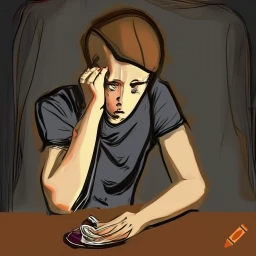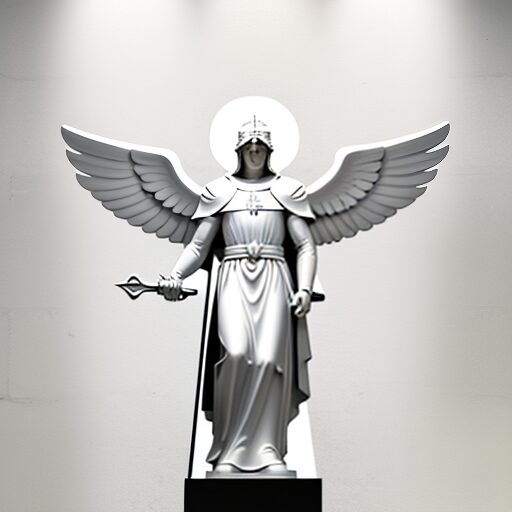Ruggerio and the Birth of the Mission of St. Michael the Archangel
In 1998, when the space that now housed my Mission was still an old juvenile prison, I welcomed Ruggerio, a 17-year-old boy who had committed a crime: he had killed someone. His arrival was due to an error by the judicial system, which, although the prison had already been replaced by the Mission, continued to send us boys who had to serve a sentence.
These were the early months of our work, and few boys lived at “San Michele.” Ruggerio had a peculiarity: during meals, he always isolated himself in a corner of the refectory. To my insistence that he join us, he firmly replied that he would never sit at our table.

Ruggerio was illiterate and refused to go to school. It was unthinkable to put him in a class with 6-year-old children. So, every evening, in my small office, I would dedicate time to helping him with his homework, sitting on opposite sides of the desk.
One day, moved by this dedication, Ruggerio looked up and confessed to me: “If I had had a father like you, I would never have done what I did.” At that precise moment, I realized that he had opened up to me and that I could delve into more delicate matters.
With the curiosity that gnawed at me, I asked him why he avoided eating with us. He told me that at the age of 5, his mother forced him to clean the stables to contribute to the meager family budget. For each cleaned stable, he received 1 Real, the equivalent of 0.20 cents of today’s euros. To reach this job, he would wake up at 5 in the morning and face a 2-3 kilometer walk. Around 11, at lunchtime, Ruggerio would open the purse where his mother put something for him to eat, only to find that it was always empty. To avoid the humiliation of showing others his empty plate, he would sit in the corner, pretending to eat. From that day on, he never allowed anyone to look at his plate, a habit that he carried with him until adulthood. The pain of that humiliation haunted him, preventing him from sharing a meal with others. I invited him to sit at our table, assuring him that I would not look at his plate, but that I wanted his company.

The next day, still fasting, I found him waiting for me outside the refectory. To my question about why he was there, he replied that he was waiting for me to go eat together.
Over time, a deep friendship was born between us. One day, during a walk together, he asked me if I wanted to see the stable where he worked. I accepted enthusiastically and, following a dirt path, we reached an iron gate in a very poor neighborhood.
Opening the gate, seized by an inspiration, I exclaimed: “We will build the new Mission here!” Shortly after, the owner of the land arrived on a motorcycle, telling us that the land was for sale. Thus began a negotiation that lasted about a year, at the end of which we bought the land and built the current Mission of St. Michael the Archangel.
On the day of the signing at the notary’s office, agreeing on the installments, I discovered an incredible fact. Two years before that event, I had founded the “St. Michael the Archangel” Mission. In Brazil, it is not common for a piece of land to have a name, unless it is very old. Checking the papers with the lawyer, we came to a page where, between astonishment and emotion, I read the name of the land: “this land is called ‘Land of St. Michael’.”
After the completion of the Mission of St. Michael the Archangel, we found a job for Ruggerio on a distant farm, to protect him from the threats of the family of the victim he had killed. However, one night, someone broke into his house and Ruggerio was unfortunately killed.
The day before, he had come to visit me at the Mission and, sitting on a wooden log in the carpentry shop, he told me: “I miss you so much.” We talked for a while and said goodbye. That same night he was killed.

